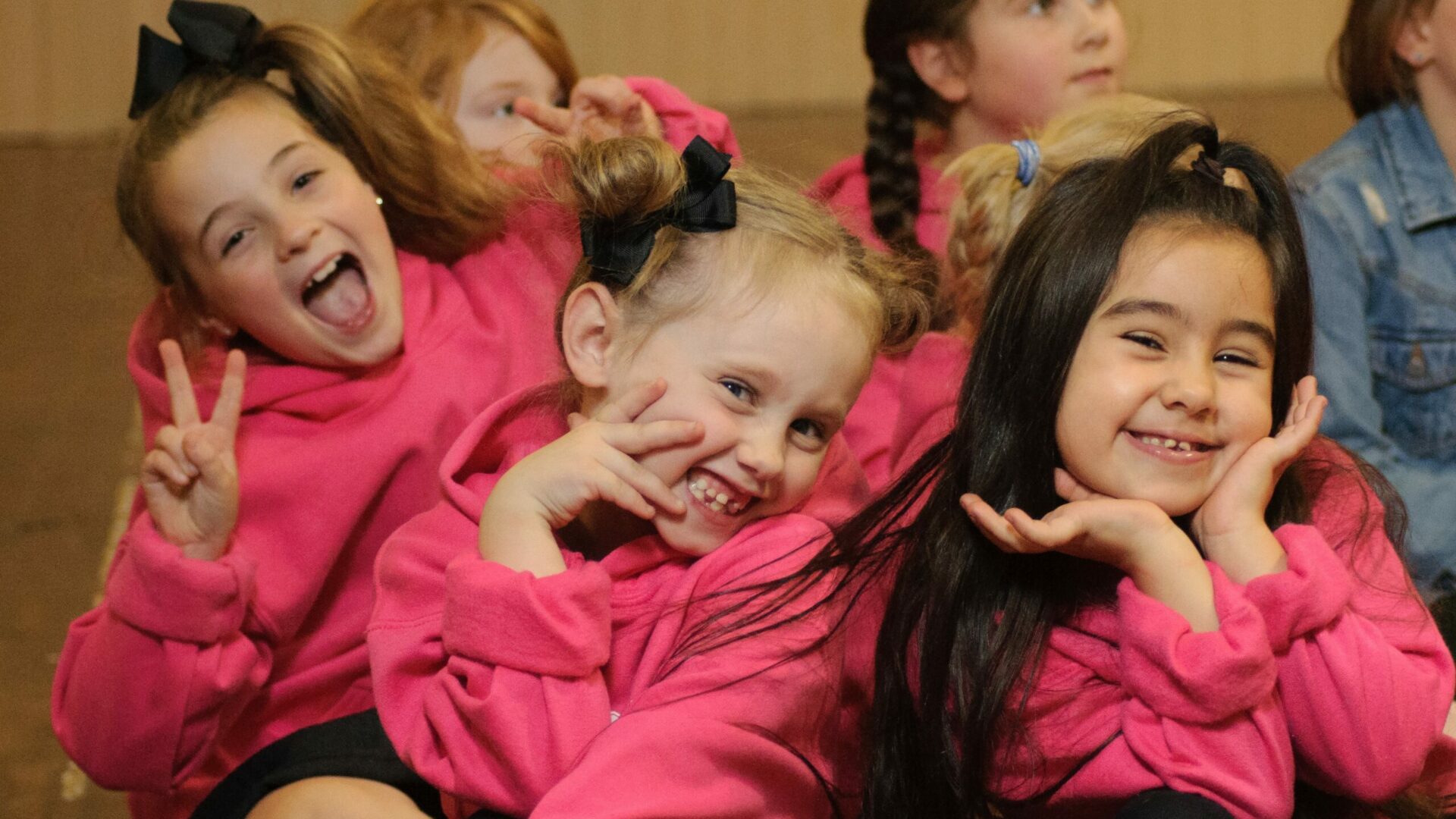Discussing equality with Girls Friendly Society
“Right now it is so important that we challenge ourselves, our privilege and ensure we are always thinking about what more we can do to be inclusive, because if we don’t we are missing out!”
October marked the launch of our “Take Four, Give Four” weekly newsletter, giving subscribers the chance to Take Four impactful stories and Give Four (£) to our team-nominated charity of the month. We kicked off with our first chosen charity – Girls Friendly Society (GFS). To round off the partnership, we spoke with Chief Executive, Laura Sercombe, about GFS’ work and dived deeper into the challenges that young women and girls face in today’s world.

What is GFS and what do you exist to serve?
Research tells us that girls as young as five worry about their weight and appearance. We also know that girls as young as six start to think that men are smarter than women. It is well known that girls lose confidence around the age of 10 and by the time they reach young adulthood more than half believe they are expected to do certain roles just because they are a girl.
We have all seen in the national press that it continues to be a really tough time to be a girl and at the same time funding is stretched; the average spend on youth services has declined by more than 69% since 2010 .
We are doing something about all of this and businesses such as Studio Republic are supporting our work. GFS is a national charity that runs girls’ groups – safe spaces where girls can build confidence, self-belief and aspirations for the future with the help of inspiring volunteer role models and vital partnership support.
What is the most satisfying aspect of your role at GFS?
I have so missed not being able to get to groups because of COVID and see first-hand how GFS facilitates a very real and meaningful response to a global problem – one girl at a time. The volunteers get so much from the experience and are committed to driving change locally as well as being part of something bigger. Spending time with the girls and volunteers is so rewarding because you can see for yourself the impact it has for every girl and volunteer.

What is the reality of the challenges that young women face today and what impact do they have?
It is well known that there are long-term systemic inequalities for women:
- Women have 75% of the lowest paid jobs and women earn 20% less than their male peers.
- Women make up just 29% of MP’s and just 24% of FTSE 100 directors – the leaders/ decision makers.
COVID made it worse and although women represent 39% of the global workforce, they accounted for 54% of COVID job losses. 51% of girls (compared with 24% boys) struggled with mental health challenges as a result of Lockdown. The press covered a raft of real life horror stories that encapsulated this including Sarah Everard and Sabina Nessa.
Broadly speaking, what do you think we need to do to minimise these challenges for the next generation of women?
Early intervention is key – programmes of work such as ours where we focus on the GFS girl and aspire to build confidence in statements such as ‘I can speak up about things that matter to me’ are critical. To work with girls and interrupt the pattern where confidence is lost and levels of hope and ambition start to deteriorate.
What is the message you would give to women in our industry in order to lead the path for others?
For businesses to start to ensure their leadership teams include a 50:50 split. This offers girls and young women role models to aim for – ‘if you can’t see it, you can’t be it’.
We noticed your #choosetochallenge content on IWD, could you tell us more about this and why it was important?
This is not a GFS initiative but one that we supported because it offers girls and young women the opportunity to contribute to something international. ‘Choose to challenge’ was their theme but it fits so well with the GFS Girl and aspects of our programme we hope to inspire such as: ‘I am proud of who I am’ and ‘I can try new or unfamiliar things’.
If we were to look at this more broadly beyond IWD, how can all people take a #choosetochallenge approach in their everyday lives?
Right now it is so important that we challenge ourselves, our privilege and ensure we are always thinking about what more we can do to be inclusive, because if we don’t we are missing out!
What are you looking forward to doing over the next 6-12 months of your journey?
We are all so excited about the launch of our ambitious growth plan – getting GFS back on the map again and it starts in November with the opening of 6 new groups in Liverpool, Manchester, London (2), Birmingham and Sunderland.
To find out more about GFS or to donate, visit their website here.
